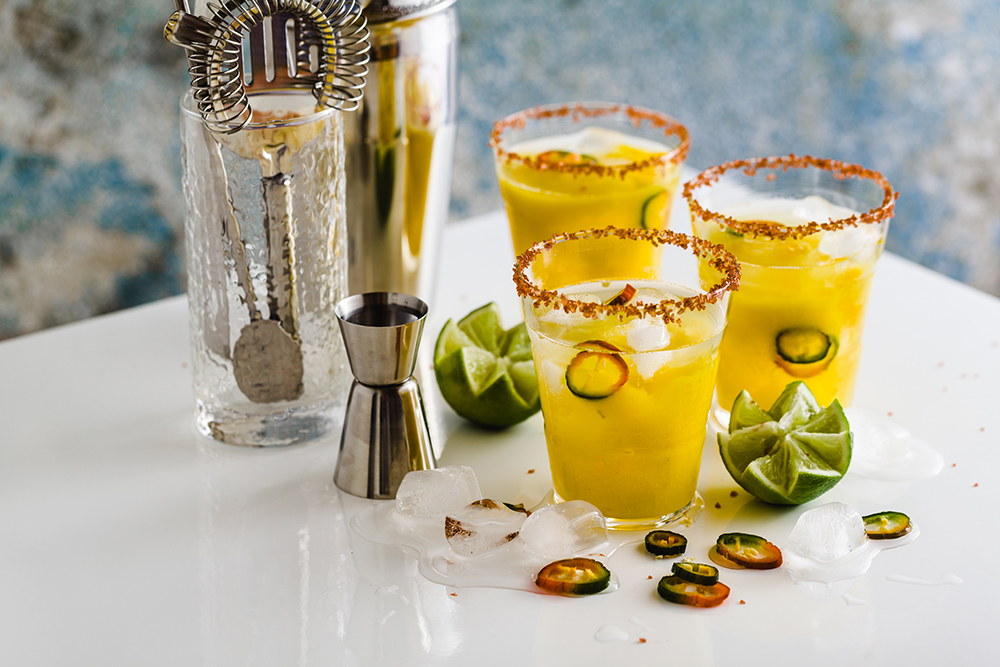Subtle sweetness, better-for-you ingredients and unique flavor combinations trend in the booming indulgent beverage market
Over the past few years, consumers have gone in what seemed to be two different directions: first, they wanted comfortable, familiar tastes; then they demanded new, innovative flavors. A closer look, however, shows that often nestled within that “give me the tastes I grew up with” ask was a desire for a new twist on taste, as well as an ingredient profile that married indulgence with a healthy lifestyle.
This means plenty of opportunity for beverage manufacturers in the beer and spirits sector. Consider these trends:
- Spirit sales continue to outpace beer and wine and are predicted to reach an estimated $90 billion by 2026.
- RTD (ready-to-drink) beverages make up the fastest-growing alcohol category, expected to increase market share to 8% by 2025.
- There was a 46% jump in beverages containing botanical extracts between 2017 and 2020.
Nonalcoholic manufacturers are also benefiting:
- Abstaining from alcohol, once rooted in specific timeframes such as “Dry January,” is now more of a trend for consumers pursuing an active, healthy lifestyle.
- Many of those who still drink are cutting back: 43% of consumers say they have pivoted to low-to-no alcoholic beverages.
- Of those, 37% of consumers say they consume low-to-no alcohol products to avoid the effects of drinking alcohol and to improve their health.
- What do they want in those products? Low calorie, low sugar and natural ingredients lead the list.
What does it all have in common? Consumers’ desire for a great taste experience. This isn’t new. For decades, advertisements have highlighted the ways food and beverage alternatives deliver all the flavor with none of the unwanted ingredients. Now consumers are holding them to it more firmly.
One area where meeting consumer demand has huge potential is sugar, or the lack thereof. Ditch the sugar without losing the taste experience, and you’ll be rewarded. Here’s why:
- More than 30% of Millennial alcohol drinkers often avoid alcoholic RTDs because they consider them too high in sugar.
- Consumers want a balance between subtle sweetness and a natural ingredient profile.
That’s a simple road map: Blend a less sweet taste with natural elements to position products as permissible and better-for-you indulgences. Get there with unique, subtle flavors — some can be entirely novel, while others can be a slight twist on a longtime favorite. For instance, blend a sweet citrus flavor with herbal and/or botanical ingredients, and market the result as a lighter, healthier option to the traditional fare. Some examples include:
Yuzu Sage Caipirinha — this sweet, tart profile is unfamiliar, yet approachable with its hints of sage
Chili Mango Stout — this smoky, spicy blend of sweet and savory features mango, the second-fastest growing beer flavor
Grapefruit Rosemary Hard Kombucha — tart, fizzy and energizing, this beverage brings a unique flavor profile to functional benefits of probiotics, digestion support and immunity-boosting properties
Sensient Flavors & Extracts can help you get there. Partner with our flavorists and explore our all-natural herbal and botanical extracts, as well as our full line of taste technologies. Let’s be taste buds! Contact us to find out more.
